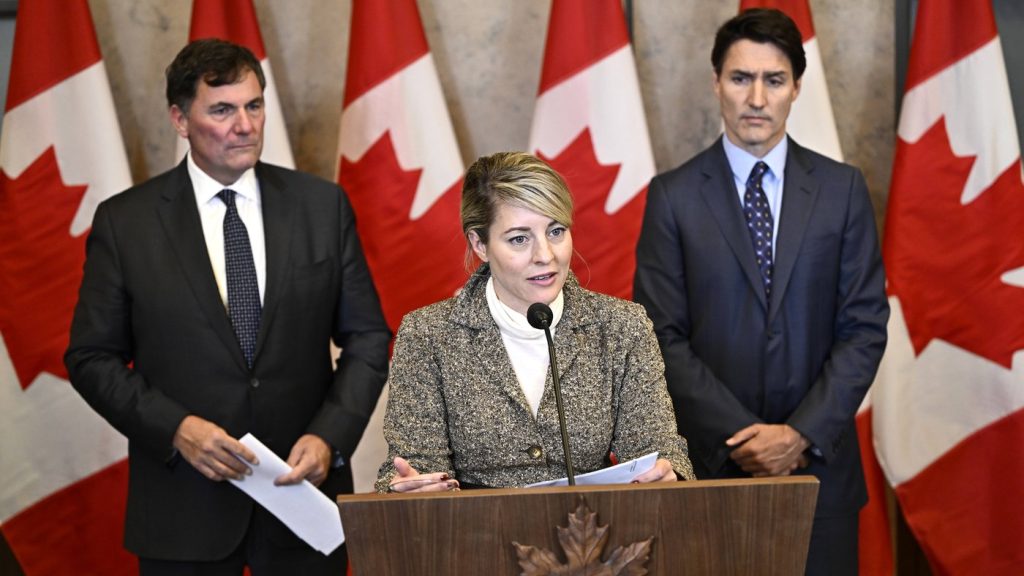Ontario aims to double number of long-term care inspectors, allow immediate charges
Posted Oct 26, 2021 10:10:00 PM.
Ontario plans to double the province's long-term care home inspectors and allow them to lay charges on the spot, saying the changes would allow for stronger enforcement in a sector devastated by the pandemic.
The move reverses the Progressive Conservative government's shift to reactive inspections three years earlier, although industry stakeholders cautioned that ramped up enforcement would need to coincide with support for overworked long-term care staff.
The government said it would hire 193 inspectors by next fall – creating a ratio of one inspector for every two homes – and introduce legislation later this week aimed at better protecting long-term care residents.
“What we will see is a different culture in terms of enforcement,” Long-Term Care Minister Rod Phillips said Tuesday. “The creation of the investigations team is an important component of that.”
Phillips said the hiring spree would cost $20 million and allow for more proactive visits to homes.
The province aims to hire inspectors with investigative backgrounds, such as in law enforcement, he said. Those inspectors would be empowered to immediately lay charges under the government's incoming legislation, something that isn't possible under the current structure, the minister said.
Full details of the legislation are still to come. But the province has said it will involve stronger enforcement and compliance tools and “enshrine residents' rights.”
The “proactive inspections” will focus on residents' rights, infection prevention and control, care plans, abuse and neglect, nutrition and hydration, policies and directives, dining observations and medication management.
Phillips said the government is following recommendations from the commission that examined conditions in Ontario's long-term care homes, which saw thousands of COVID-19 deaths and infections during the pandemic.
The commission's final report from earlier this year pointed out that the government scaled back proactive inspections in 2018 to focus on reactive inspections that responded to complaints and critical incidents.
Ontario Long-Term Care Association CEO Donna Duncan said inspections as they are currently carried out must change but cautioned that sector staff need to be supported.
“In the midst of a health human resources crisis, it is critically important to use a supportive tone and approach to inspections, and not drive staff away with pass/fail systems that diminish morale,” she said in a written statement.
Duncan also said inspectors should not be recruited from staff already employed in the sector, which she said could worsen human resources challenges.
AdvantAge Ontario, which represents non-profit, municipally owned and charitable homes, also highlighted the staffing shortage as a potential blind spot.
CEO Lisa Levin said in a written statement that the new enforcement regime could “seriously destabilize homes” without proper staffing and called for them to hire more workers.
“More inspectors and tougher inspections will not have the intended impact if there are not enough staff and funding to take care of residents,” she said. “If inspections and punishment come before staffing and education, there is a risk the rest of the system will crash.”
Unions have pointed to low wages as one factor keeping long-term care staffing levels low. Phillips said Tuesday that an announcement would come shortly about next steps for personal support worker wages – a temporary $3 wage increase is set to expire Oct. 31.
Annual salaries for long-term care inspectors, who are unionized members of the Ontario public service, range from $81,819 to $98,405.
Opposition politicians reacting to Tuesday's announcement said the government could have made changes earlier in the pandemic.
NDP Leader Andrea Horwath highlighted the 2018 switch to reactive inspections and said the government isn't going far enough to protect seniors, repeating her call to stop funding for-profit long-term care homes.
“When you're rewarding people who have harmed our seniors so badly, when you're sticking the knife into the hearts of those family members who have been literally traumatized by what their loved ones went through, I don't know how you change that culture,” she said.
Liberal Leader Steven Del Duca said the government already had the ability to issue serious penalties to poorly performing long-term care homes.
“There have been plenty of opportunities if there was genuine concern from (Premier) Doug Ford about getting this right,” he said, adding that the latest proposal has promise if the new enforcement measures have teeth.
“It seems like on the surface it might be a step in the right direction, but you need to back it up with the tougher penalties.”
Green Party Leader Mike Schreiner said the flip-flop on proactive inspections reveals flaws in Ford's governing agenda, pointing to a similar pattern that played out over paid sick days for workers.
“How many times is he going to have to fix mistakes?” he said.
Holly McKenzie-Sutter, The Canadian Press








